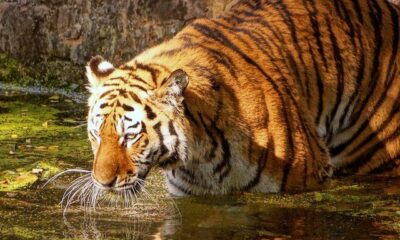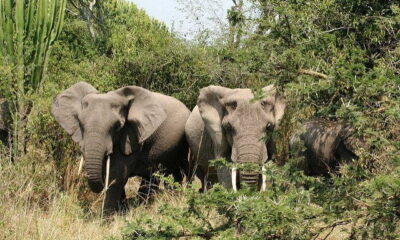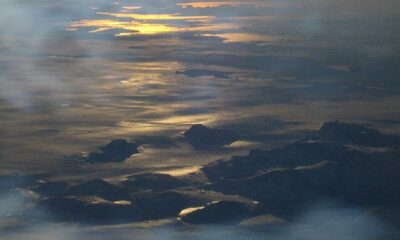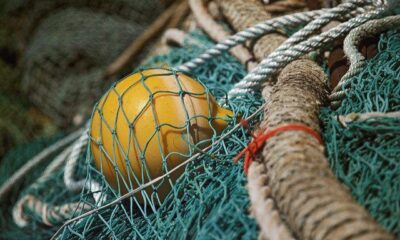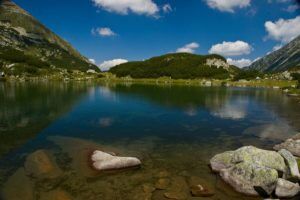

Environment
Threats Emerging To European Sites World Heritage Meeting Reveals
Today the committee for the UNESCO World Heritage Committee revealed their concern over three European sites facing severe pressures from harmful industrial activities, but failed to take bold action to protect them.
At the meeting, WWF objected to a sharp logging increase in the Polish portion of Bialowieza Forest World Heritage site, which also spans part of Belarus. The forest is one of Europe’s oldest, and is home to the most wild European bison, as well as lynxes and wolves. The government of Poland has argued that logging is necessary in order to combat a bark beetle infestation, a claim Polish scientists reject.
WWF-Poland’s Dariusz Gatkowski commented:
“The logging plan triples the sustainable limits agreed by Poland and the European Commission in 2012, and now the commission is examining whether the plan is a violation of EU law
We are very disappointed that the UNESCO World Heritage Committee has not requested that the 2012 logging limits be upheld.
“The natural value of this precious site may suffer as a result of today’s decision.”
The committee adopted a stronger decision on Russia’s Western Caucasus, cautioning that construction of large scale infrastructure could cause the site to be inscribed on the List of World Heritage in Danger. WWF is concerned that protections promised by Russia as part of its 2014 Sochi Olympic bid are being weakened to make way for expanding ski facilities.
The committee warned that recent legislative changes could have negative impacts on the reintroduction of endangered Persian leopards to the area. The first three cubs are set to be released from a specialised breeding and training centre tomorrow.
Igor Chestin, CEO of WWF-Russia stated:
“We had hoped to release these very special leopards into a secure environment. Instead they will enter the unknown.
The future of Western Caucasus is hanging in the balance, but it is not too late to restore a positive natural legacy for the Sochi games. The International Olympic Committee should insist that promises made then are kept now.”
The World Heritage committee also considered another site at risk from both encroachment by ski facilities and increased industrial-scale logging. Nearly 60 per cent of Bulgaria’s Pirin National Park could be opened to logging through a government plan.
Lubomir Kostadinov of WWF-Bulgaria, who addressed the committee, which represents 192 countries that are party to the World Heritage Convention said:
“Pirin is one of Europe’s few untouched treasures. It has dramatic mountain landscapes, pristine glacial lakes, trees over 1,000 years old, and is home to bears and wolves.
The international community has made a mistake to not to impose sufficient environmental safeguards or international oversight of this threatened World Heritage site. Today’s decision places Pirin National Park in peril.”
Now more than ever the world needs to rally around these places that have outstanding universal value for people. WWF remains ready to work with governments and businesses to save our shared heritage.


 Environment12 months ago
Environment12 months agoAre Polymer Banknotes: an Eco-Friendly Trend or a Groundswell?

 Features11 months ago
Features11 months agoEco-Friendly Cryptocurrencies: Sustainable Investment Choices

 Features12 months ago
Features12 months agoEco-Friendly Crypto Traders Must Find the Right Exchange

 Energy11 months ago
Energy11 months agoThe Growing Role of Solar Panels in Ireland’s Energy Future
